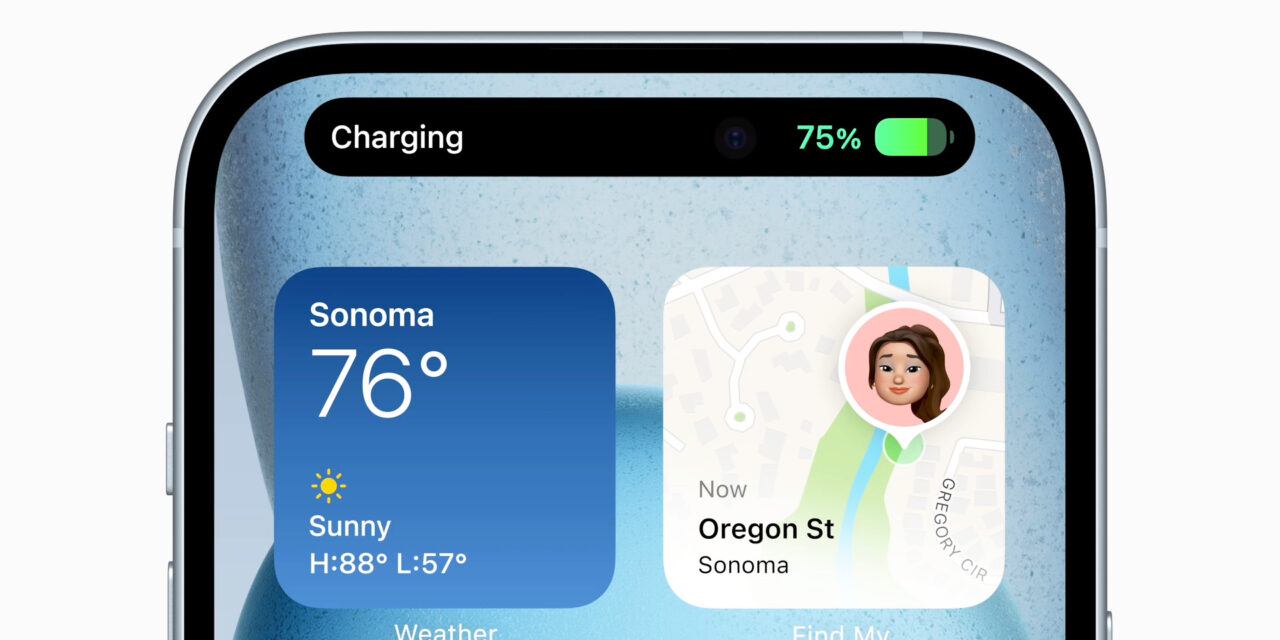In China, like the United States, the culture of consumerism has gripped the more youthful generations hard.
So hard, in reality, that a class of “invisible bad” exists in the country, who seem attractive on the outside– with designer fits, pricey habits, and posh homes– yet typically live paycheck-to-paycheck on a low income. They are bad partly because of their obsession with the good life, as represented by the high-end products whose advertisements bombard them during every waking hour.
For 25-year-old Wang Shangkun in Anhui province, the appeal of such products– in this case, an iPhone and an iPad– showed disastrous and has actually left the boy not just depending on a dialysis device but also bed-ridden for the rest of his life.
In 2011, a then-17-year-old Wang offered one of his kidneys to black market organ harvesters for the equivalent of less than $3,300 (or 22,000 Yuan) so that he might pay for the newest Apple products. He later on acquired an iPad 2 and an iPhone 4.
According to China Network Tv, Wang had actually long dreamed of purchasing the tablet to impress his pals but his family, who resided in one of the poorest provinces in the nation, was not able to afford it.
Human organ harvesters eventually contacted Wang in a chatroom and used him cash for his kidney.
“Why do I require a 2nd kidney? One is enough,” Wang stated at the time.
Without informing any of his family, Wang privately traveled from Anhui province to the south of Hunan province, where his right kidney was gotten rid of in an operation and offered to an unidentified recipient.
Upon returning house with his brand new gizmos, his suspicious mom required him to admit.
Wang’s real difficulty started when his health began dramatically weakening due to the unhygienic conditions of his surgical procedure and the absence of postoperative care that followed. In a matter of months, an infection of Wang’s staying kidney caused outright organ failure, requiring Wang to offer up school.
Eight years later on, Wang is in such a severe state that he’s likely to live the remainder of his life confined to his bed, needing dialysis every day to clear his blood of toxic substances as a result of his kidney failure.
If not for the social advantages supplied by the Chinese government, his family would likely not be able to afford his healthcare needs.
9 people were jailed in connection with the illegal organ sale, including five surgeons. A leader of the gang had made arrangements to employ a cosmetic surgeon who worked at the neighboring military hospital.
While China prohibited the human organ trade in 2007, the country’s developing market economy has broadened the social gap in between the exceptionally abundant and the bad while an enormous gap still exists in between organ donors and those needing a transplant.






Recent Comments